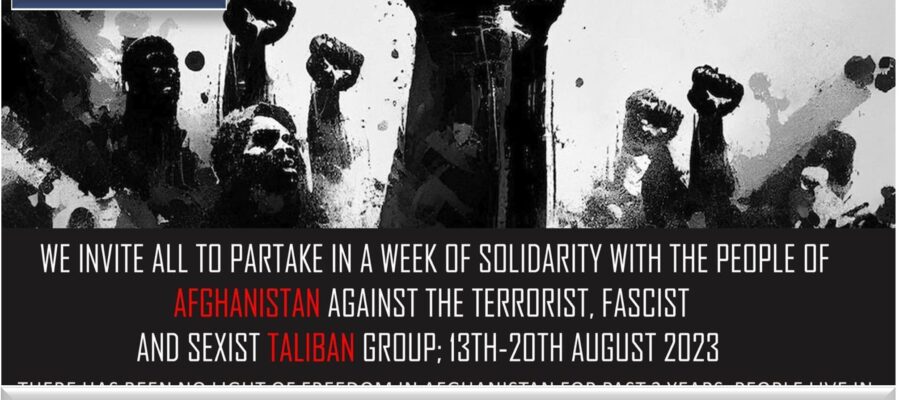A group of Afghan women in exile in Germany are clashing over the planning of protests against the Taliban.
The protests, which are scheduled to take place from August 13 to August 20, 2023, are intended to raise awareness of the Taliban’s human rights abuses and to demand the release of Afghan women and girls from Taliban restrictions on their freedom.
According to sources, these women have been unable to agree on a plan for the protest.
Some women want to hold one large, public rally, while others prefer to organize a series of smaller, more targeted events. There is also disagreement about the protest’s message. Some women want to focus specifically on the Taliban’s treatment of women, while others want to address a wider range of issues, such as the Taliban’s human rights abuses in general.
The disagreement has led to a great deal of acrimony within the group. Ms. Tahama Parwani, one of the women involved in the planning of the protest, has been accused of insulting and belittling other women who have come up with alternative ideas for the protest. Her team has also been accused of trying to sabotage the efforts of other protesters.
Other sources from inside the group of Afghan women planning the protests told Kauser News that Ms. Maryam, who claims to be in Afghanistan, said to bring her name up publicly during the protests in Europe and she will coordinate a simultaneous protest in Kabul. She told them that her intention is to provoke the Taliban into arresting protesters there, then use those arrests to shine a light on the Taliban’s violations of women’s rights. It is unknown if the women who might attend such a protest in Kabul will be made aware of Ms. Maryam’s goal of bringing about their arrests.
Kauser News tried to contact Ms. Maryam but she promptly hung up the phone and did not respond to messages.
The WhatsApp Group for the Afghan women in exile planning the protests is reportedly full of sarcastic and hurtful comments, because of which some women have threatened to withdraw from the protests altogether.
The infighting is a major setback for the protests, It is now unclear whether the protests will even take place, and if they do, it is unlikely to be as effective as it could have been if the women had been able to work together.
The clash over the planning notwithstanding, the women’s drive to protest is reflective of Afghan women’s reality: that they are often marginalized and discriminated against, both in their home country and in their host countries. They face several obstacles to participating in civic life, including a lack of education, lack of access to resources, and language barriers.
These protests against the Taliban are important opportunities for Afghan women to make their voices heard and they must find a way to work together if they want to be successful in their fight for justice.





